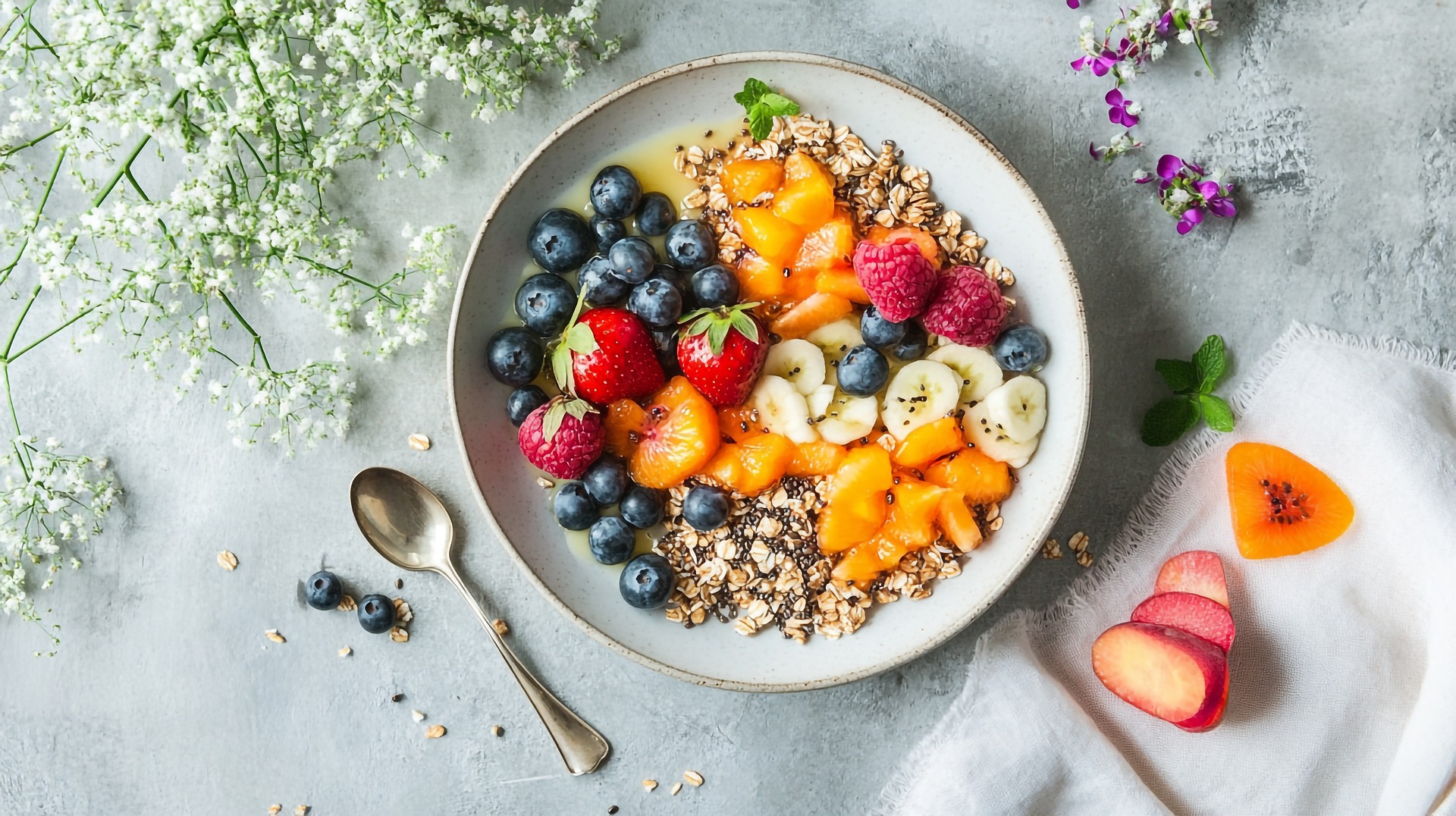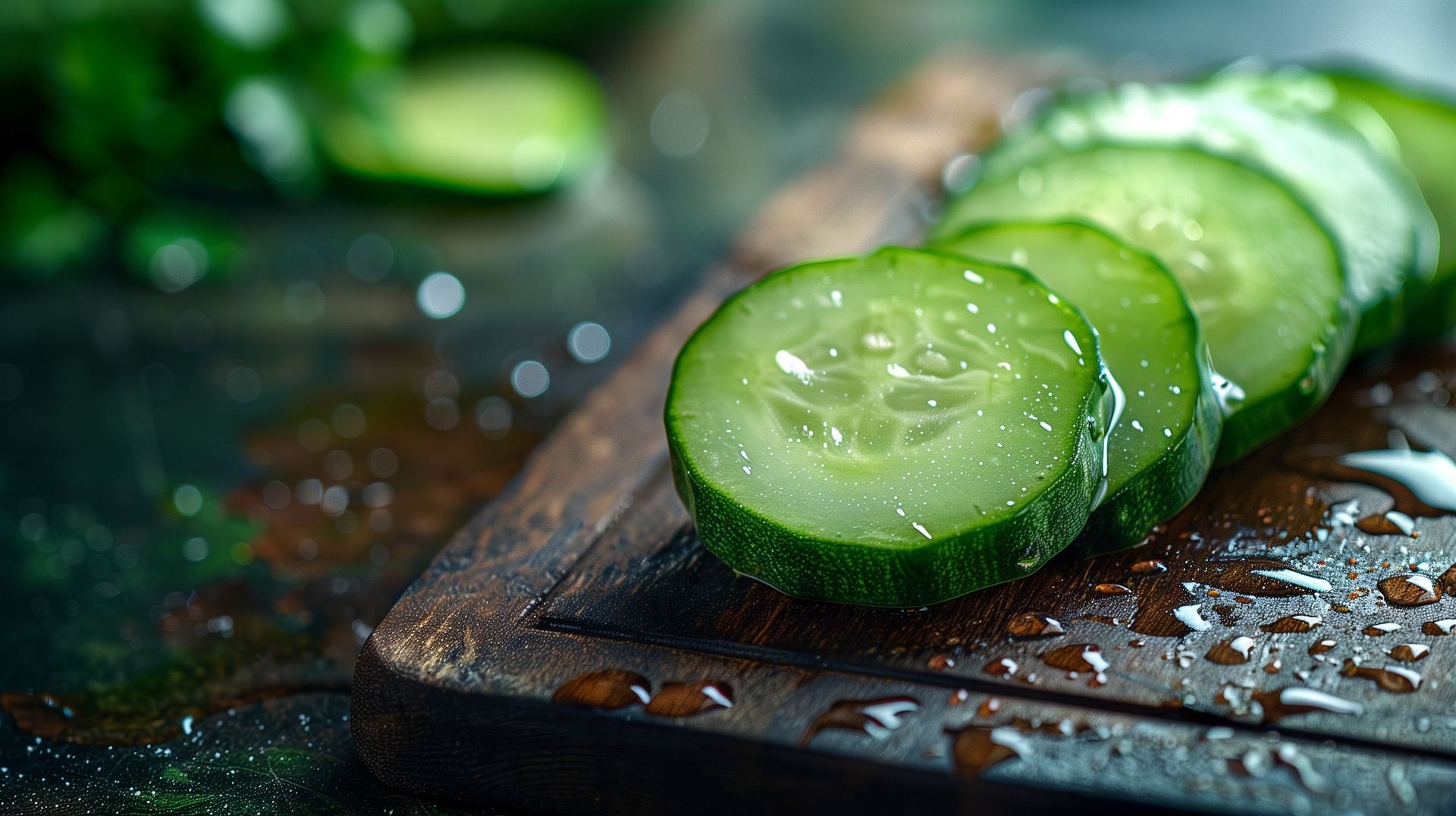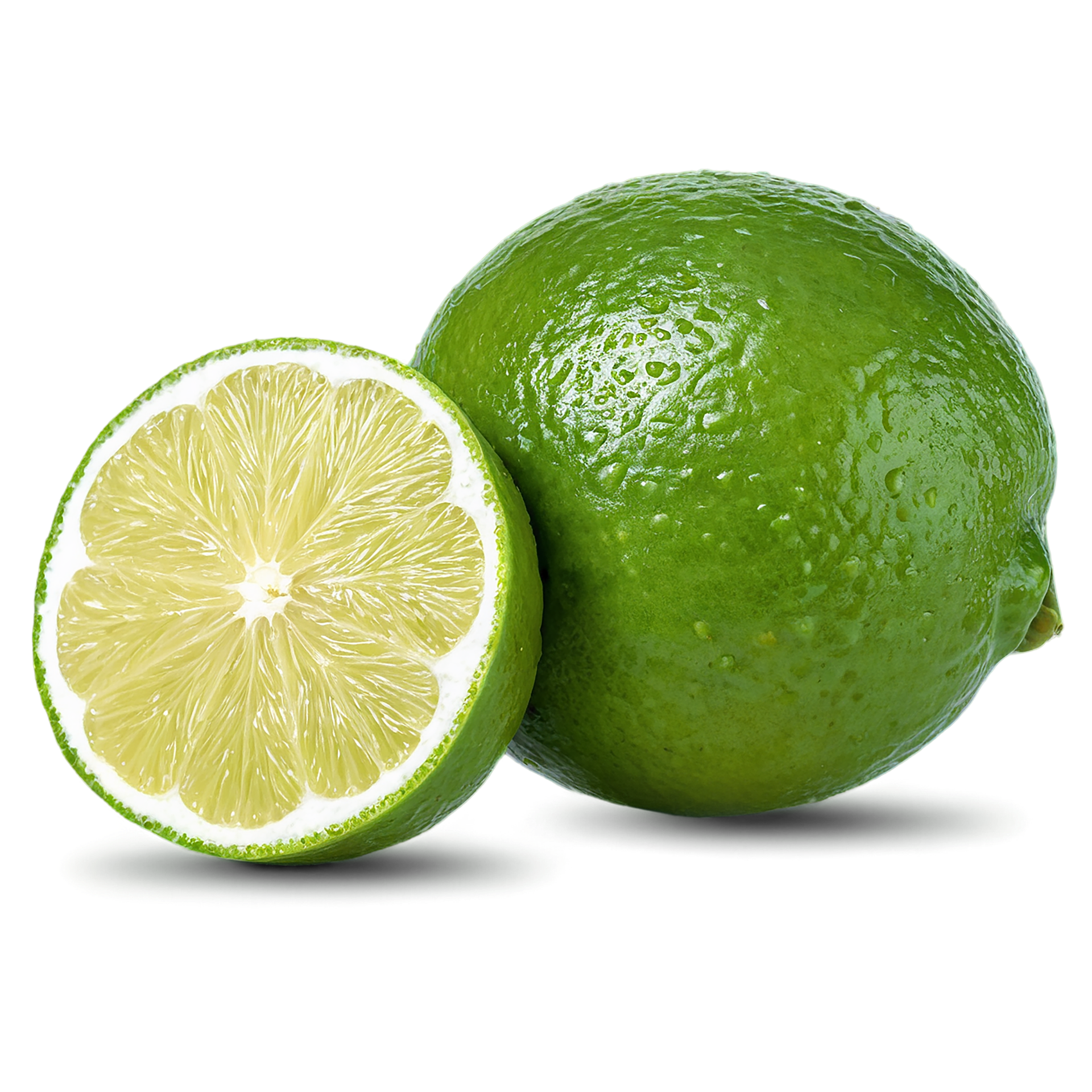Dried fruits are a convenient and nutritious snack option that offers a concentrated source of vitamins, minerals, and antioxidants. They are often enjoyed for their sweet flavor and chewy texture, making them a popular choice for on-the-go snacking. Here’s a closer look at the nutritional benefits of dried fruits and how to incorporate them into your diet.
1. Nutrient Density
One of the main advantages of dried fruits is their nutrient density. During the drying process, the water content is removed, resulting in a smaller, lightweight product that retains most of its vitamins and minerals. For example, dried apricots are rich in vitamin A, which supports eye health, while dried figs provide a good source of calcium and potassium.
Despite their concentrated nature, it’s essential to consume dried fruits in moderation, as they are higher in calories and sugar than their fresh counterparts. However, the fiber content remains intact, making dried fruits a satisfying snack that can help curb hunger.
2. Antioxidant Properties
Dried fruits are also packed with antioxidants, which help combat oxidative stress and reduce inflammation in the body. For instance, dried cranberries are rich in proanthocyanidins, which have been shown to support urinary tract health. Similarly, dried blueberries contain anthocyanins, which may improve brain health and cognitive function.
Incorporating a variety of dried fruits into your diet can provide a diverse range of antioxidants, contributing to overall health and well-being.
3. Convenient and Versatile
Dried fruits are incredibly convenient, making them an ideal snack for busy lifestyles. They require no refrigeration and can be easily stored in a pantry or bag, making them perfect for travel, hiking, or on-the-go snacking. Dried fruits can also be added to various dishes, such as salads, oatmeal, trail mixes, and baked goods, enhancing flavor and nutrition.
For example, adding raisins or dried apricots to a salad can provide a sweet contrast to savory ingredients, while mixing dried fruits into granola adds texture and natural sweetness.
4. Natural Sweeteners
Dried fruits can serve as a natural sweetener in recipes, reducing the need for added sugars. For instance, using mashed bananas or pureed dates in baking can enhance sweetness while providing additional nutrients. This approach not only improves the nutritional profile of baked goods but also adds moisture and flavor.
5. Health Benefits
In addition to their nutritional value, dried fruits offer various health benefits. The fiber content in dried fruits promotes digestive health by supporting regular bowel movements and preventing constipation. Furthermore, the natural sugars in dried fruits can provide a quick energy boost, making them an excellent choice for athletes and active individuals.
6. Choosing Quality Dried Fruits
When selecting dried fruits, it’s essential to choose high-quality products without added sugars or preservatives. Look for organic options when possible, as they are less likely to contain artificial additives. Additionally, check the ingredient list to ensure that the product consists solely of the fruit itself.
Conclusion
Dried fruits are a nutritious and convenient snack option that can enhance your diet in various ways. Packed with vitamins, minerals, and antioxidants, they offer numerous health benefits while satisfying your sweet cravings. By incorporating a variety of dried fruits into your meals and snacks, you can enjoy their delicious flavors and reap the rewards of their nutritional power. Whether you enjoy them on their own or use them in recipes, dried fruits are a versatile addition to any healthy diet.



